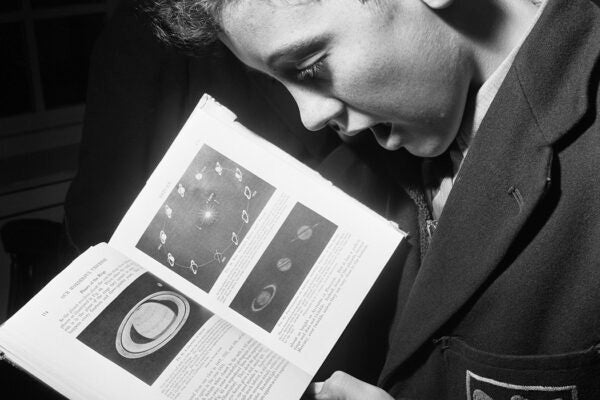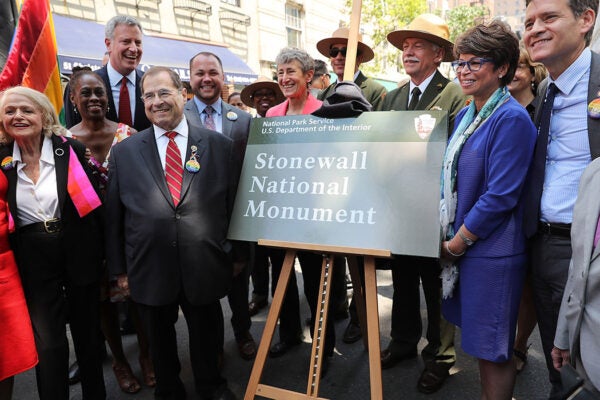Welcome to Ask a Professor, our series that offers an insider’s view of life in academia. This month we interviewed Carlos Mondragón, professor at the prestigious El Colegio de México.
Carlos Mondragón’s interests are many. An expert on the Pacific island nation of Vanuatu, he has a Ph.D. in anthropology. But Carlos is equally interested in history, material culture, and the environment. He has published articles on traditional calendar systems and their relationship to the environment as well as the Portuguese exploration of the Pacific Ocean. But when he’s not collaborating with marine biologists or studying climate change, he likes to read imaginative short stories about… the coast of Cornwall!
What’s a factoid/tidbit about your field that most people don’t know?
Although it is not a social science that comes to mind to the average North American, social anthropology is often familiar to people in other countries and regions who otherwise have no university training, given the frequency which ethnographic fieldwork was and continues to be carried out in their home countries.
Aunque no suele ser una de las ciencias sociales identificables por el norteamericano promedio, la antropología social suele ser conocida por una gran cantidad de personas en otros países y regiones sin estudios formales, dada la frecuencia con la que se lleva y ha llevado a cabo el trabajo etnográfico en sus naciones de origen.
Have you ever worked with someone in another field, and what was the nature of your collaboration together?
I have worked with historians, field biologists, marine biologists and geographers on various occasions; the nature of our collaboration was either related to socio-environmental studies or historical research on culture contact in Asia and the Pacific.
En el pasado he trabajado con historiadores, biólogos de campo, biólogos marinos y geógrafos; la naturaleza de nuestra colaboración estaba relacionada con estudios socio-ambientales o bien con historias de contacto cultural en Asia y el Pacífico.
What’s the next big thing in your field?
Multispecies ethnography has recently become of great interest within and beyond anthropology, opening the way to new understandings of what it is to be human and non-human in a complex world. I believe this subfield holds great promise going forward.
La etnografía multiespecies, es decir de lo que significa ser humano y no humano en un mundo complejo, se ha convertido recientemente en un tema de gran interés. Creo que este campo de estudios tiene un gran potencial para reimaginar las relaciones entre lo humano y lo natural en el futuro cercano.
If you weren’t a professor what would you do and why?
I would be an artist or graphic designer, maybe in the context of role-playing game design. My interest in anthropology drew partly from an early fascination with secondary world-building, and cartography and illustrations are a key part of imagining those worlds.
Sería un ilustrador o diseñador gráfico, quizás dentro del ámbito del diseño de juegos de rol. Mi interés en la antropología se derivó en parte de una fascinación temprana con la construcción de mundos secundarios, y la cartografía e ilustración son parte clave de cómo imaginamos esos mundos.
What’s on your bedside table?
Christopher Tolkien’s edition of Beren and Lúthien; Ursula K. Le Guin’s The Dispossessed, which I have never got around to finishing; Joe Haldeman’s The Forever War, which I was prompted to re-read after reading Dexter Filkins’s book of the same name; and Diving Belles, a book of imaginative short stories about the Cornish coast and its folklore by emerging British author Lucy Wood.
‘Beren & Lúthien’, recientemente editado por Christopher Tolkien; ‘The Dispossessed’, de Ursula K. Le Guin, que nunca he leído; el clásico de ciencia ficción ‘The Forever War’ de Joe Haldeman, que re-leeré después de haber leído el libro del mismo título del periodista Dexter Filkins, sobre su experiencie en Irak; y ‘Diving Belles’, la opera prima de Lucy Wood, una jóven escritora británica que reúne cuentos cortos imaginativos acerca de la gente y el folclor de la costa de Cornualles.







